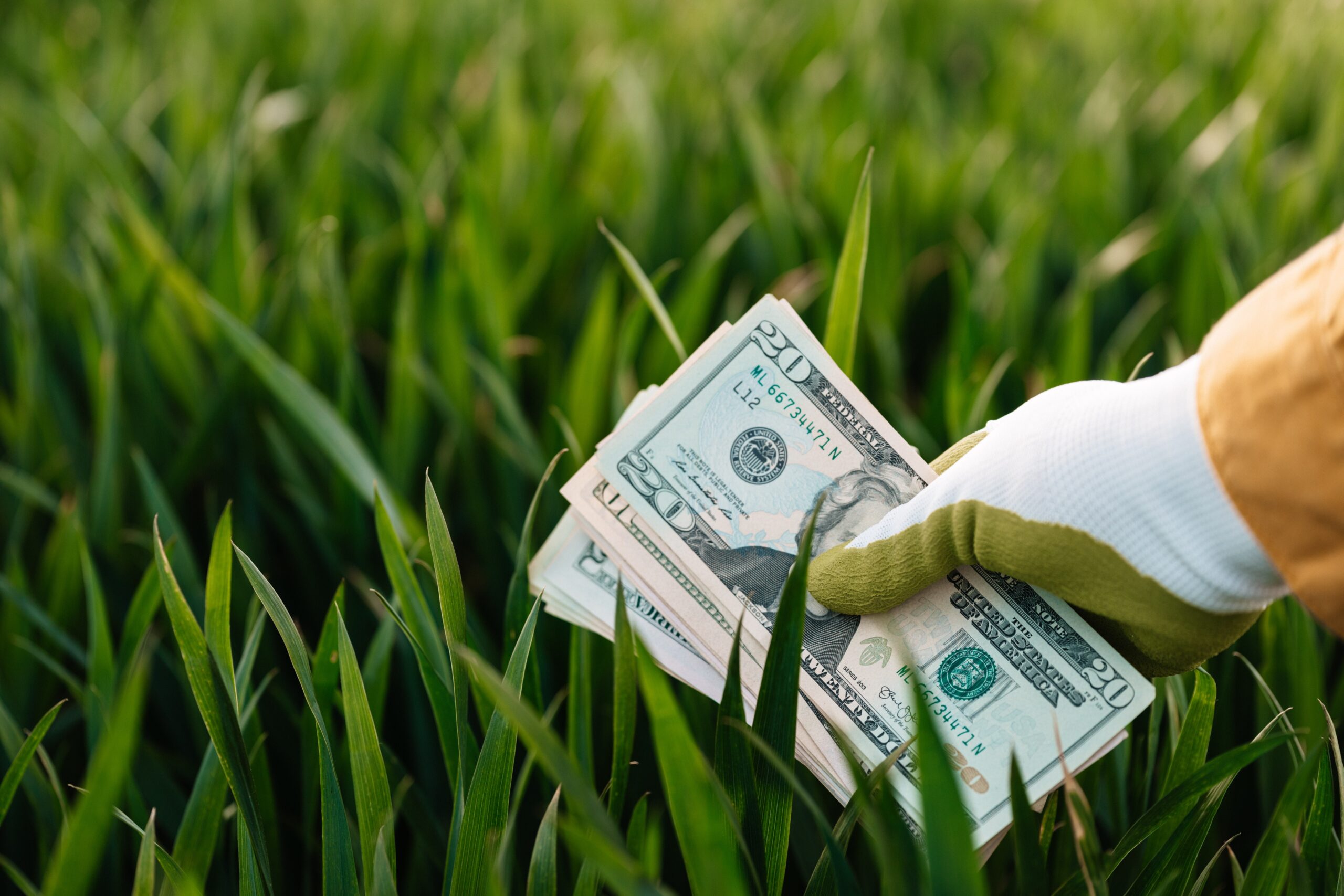The passages in the Bible that talk about money make American Christians like me feel a little itchy. We are trained culturally to tuck money away for a rainy day, to acquire wealth, to pull ourselves up by the bootstraps, and to help ourselves rather than ask for help from someone else.
Then Jesus comes stomping into our western world with words of love for the rich, young man about selling everything you own to follow him and words of warning for the rich fool who stored up things for himself instead of being “rich with God.”
Jesus seems to take what we do with our money just as seriously as what we do with our bodies and our speech. How we spend and save our money is indicative of what we prioritize in this world. It isn’t that God wants us to never, ever save for a rainy day; there are plenty of Scripture passages that would say otherwise, too.
The heart of the matter isn’t necessarily how much we make or save. It’s more a matter of the heart—are we living the posture of generous hospitality modeled by Jesus in the gospels?
Jesus’ generous hospitality welcomed those who were hungry and thirsty, provided for the poor and the needy, looked after the widows and orphans, and showed compassion toward the imprisoned and rejected. Jesus seems to expect us to funnel love through all of our expense accounts to see what truly matters in the kingdom of God, of which we are all citizens.
The World Council of Churches seems to agree. If we’re serious about climate change’s negative impact on the neighbors around the world we’re supposed to love, then the WCC says we should be putting our money where our mouths are.
Fossil Fuel and Financial Planning
One of the ways we can be more intentional about our finances is by addressing sustainability through financial planning. As a middle-aged millennial, I have my eyes trained on what my financial advisor recommends I should be putting away in order to retire… someday. What I don’t have my eyes trained on yet are the accounts in which we’re invested.
If I take my commitment to sustainability and restoration seriously, then I should be looking closely with my financial advisor at my selected investments. If I believe in the value of a greener future, it’s in our children’s best interests for me to save for their college and make financial decisions that will “green up” my portfolio… an investment in a cleaner, brighter planet for their children. It’s truly a multi-generational move.
By investing in renewable energy and other innovative climate solutions, we have the opportunity to fund a future that is more sustainable for people and the planet. Sustainable investing means only investing in businesses that have made a clear commitment to eco-friendly practices and have put that commitment into action. It can also mean choosing to invest in businesses that are focused on directly impacting poor or disadvantaged communities.
Green Banking and Green Credit Cards
Image: Karolina Grabowska
Money talks, and the choices we make collectively can speak volumes, even when it comes to which banks and credit cards we choose to use.
Green credit and debit cards offer perks that benefit the environment, including planting trees and funding industries other than fossil fuels. Some of them reward you with more cash back for making more sustainable purchases.
If you aren’t feeling up to making the switch to a different banking system, you can start advocating for action with your own bank.
Everyday Sustainable Living Decisions Make a Difference, Too
Beyond financial planning, investments, and banking, there are many different ways you can reduce your impact on the environment and make simpler, cleaner, sustainable choices.
You can change your grocery shopping habits, advocate for sustainable public policies, invest in a family-sized electric vehicle, pack for road trips sustainably, sign up for green energy options, be smart about your water usage and care for your groundwater, shop for gifts with sustainability in mind, and more. Follow Root & Vine on Instagram or Facebook for ongoing ideas and inspiration for faithful daily practices that make a difference.





 Copyright
2024
Root and Vine
Copyright
2024
Root and Vine